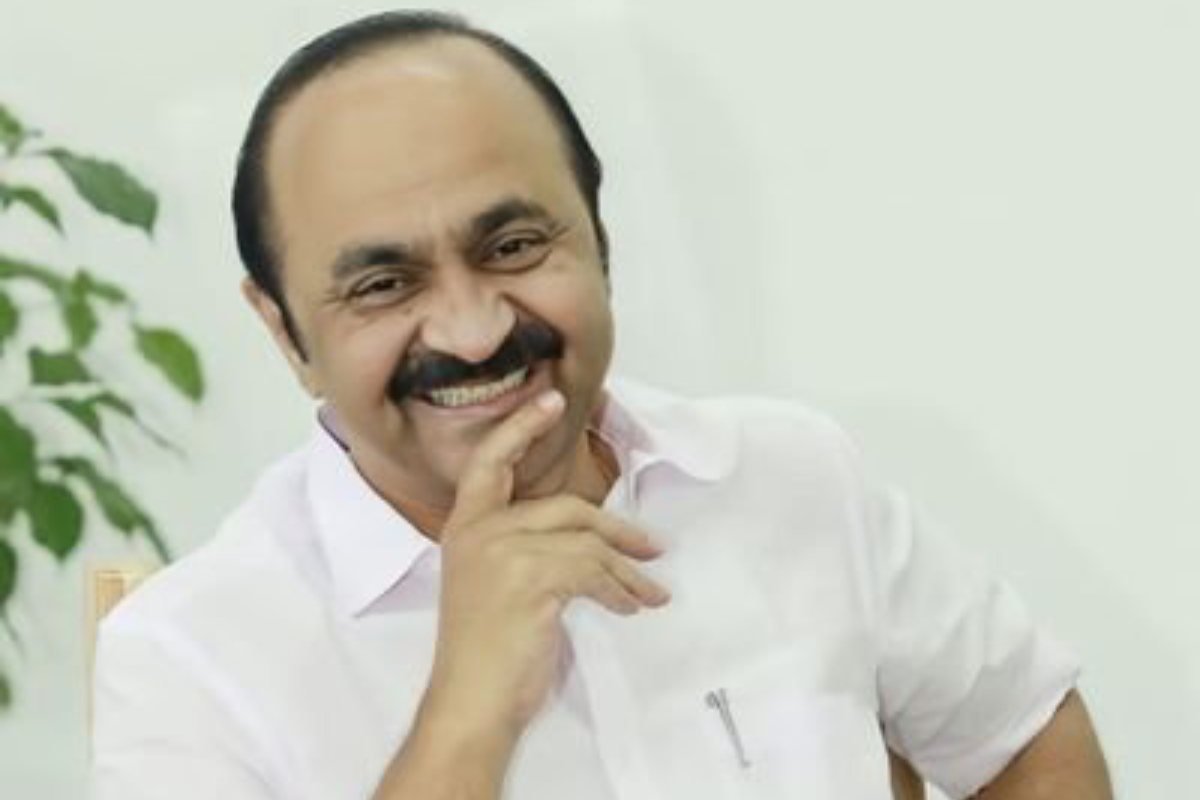Senior Congress leader and Opposition Leader in the Kerala Assembly, VD Satheesan, on Monday criticized the LDF government’s decision to grant a one-month parole to Kodi Suni, a convict in the 2012 TP Chandrasekharan murder case and a habitual offender, calling it an open challenge to the legal system and the rule of law.
“It is mysterious that a habitual offender was granted one-month parole on the grounds of his mother’s illness. What assurance does the Home Department have that Kodi Suni, who was convicted in the TP murder case and involved in criminal activities while in jail, will not commit crimes during this parole period,” Satheesan asked.
Advertisement
Satheesan alleged that there might be a conspiracy, possibly involving the CPI(M) top leadership, behind the decision to grant parole. He also accused the Chief Minister and his office of overriding a police report that opposed the parole.
Alleging that the CPI(M) has degenerated into a “killer party” by planning murders and shielding perpetrators, Satheesan said, “The Pinarayi Vijayan government repeatedly signals through its actions that it will protect criminals, including those accused in the TP murder case, the Periya double murder case, and others responsible for deaths like that of Naveen Babu.”
He added that it was disgraceful for a government elected by the people to become protectors of murderers, drug mafias, and criminals.
Kodi Suni, currently lodged in Tavanur prison, was granted parole for 30 days by the jail DGP following a recommendation from the Kerala State Human Rights Commission. He was released on December 28, marking his first parole in six years.
The Human Rights Commission, in response to a petition from the convict’s mother, recommended the parole, noting that such privileges are granted based on police reports and government discretion.
KK Rema, MLA and the wife of slain RMP leader TP Chandrasekharan, also criticized the government’s decision, terming the parole “questionable.” Rema demanded a proper explanation from the government on the basis for granting a 30-day parole.
“If the purpose of the parole was to visit his ailing mother, ten days would have sufficed,” she said. She alleged that the extended parole could not have been granted without the Home Department’s knowledge, making the decision highly suspicious.
Rema also raised concerns about the Human Rights Commission’s intervention, suggesting it aligned with the ruling party’s interests. She announced plans to consult legal experts and take further steps to address the issue.











